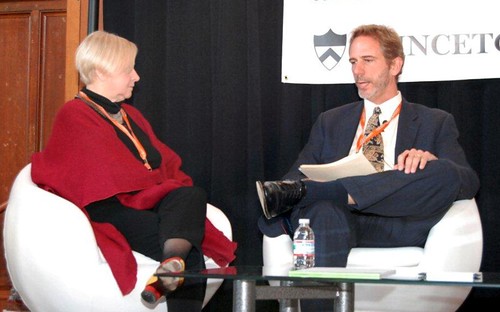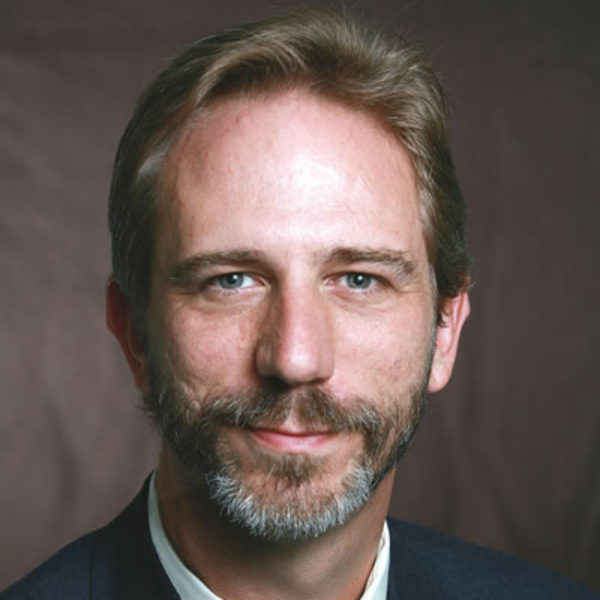Sacred Conversations
At the heart of my Christian faith is the belief that each and every person I encounter is absolutely cherished by God. I believe every human being is ineffably sacred in God’s sight. This implies a moral responsibility on my part to do my very best to treat them accordingly. If God loves each person, followers of God’s way must love each person too.
This is a mystical vision. It is a mountaintop perspective. It is very hard to sustain it, especially in the vicious street fights of politics. And it is often very hard to see any evidence for it. But this belief is not really evidence-based. It is faith-based.
I am a Christian, born and raised in the Catholic Church before a teenage conversion to Protestant Evangelical faith. By now I find that both strands of my religious history are deeply interwoven and help to define who I am. I think that both of these strands, at their best, teach this vision of the equal and immeasurable worth of each human being. Catholic tradition, especially as articulated by the Vatican II documents and by Pope John Paul II, taught me a “consistent pro-life ethic.” Protestant evangelicalism, as exemplified in men such as Billy Graham, taught me that God so loved the world (each and every person in the world) that he gave his only son on the cross for our salvation. For my salvation!
I am also a Christian ethicist, a moral teacher, and writer. So inevitably my work brings me into occasions in which it is my responsibility and my opportunity to address hot-button issues like abortion, health care, war, torture, or gay rights.
Most conversations about these kinds of issues are profoundly unsatisfactory to me. Academic conversations tend to be highly technical, theoretical, and irrelevant to everyday life. Popular conversations tend to be angry and polemical, partisan and politicized. Neither type of conversation ever really feels very sacred to me. Academics are often scoring their tenure points while politicos are scoring their partisan points.
Over the years, I have tried to do something a little different when I engage difficult issues such as abortion. I try to play neither academic nor political games. I instead try to discern what it might mean to deal with the substance of the issue as if every person involved is sacred in God’s sight, and I likewise try to deal with my dialogue partners as if the same were true.
 When I met Frances Kissling and dialogued publicly with her at the Princeton “Open Hearts, Open Minds” conference, I hope that this is the spirit that I brought to that conversation.
When I met Frances Kissling and dialogued publicly with her at the Princeton “Open Hearts, Open Minds” conference, I hope that this is the spirit that I brought to that conversation.
I saw in Frances and most of the pro-choice activists and thinkers at that meeting a serious concern for women in general, and women facing unwanted pregnancies in particular. I could tell that they were drawn into this issue because they had caught a vision of the suffering of women whose pregnancies create a crisis for them, and the even more intense crisis that this would be for them if they had no legal recourse to an abortion. Their fixed gaze on the needs and the suffering of women impressed me, and I respected it. Anyone who cares deeply about the suffering of other people is on the right track — because that is one of the ways we demonstrate our love for the sacred persons around us.
I do continue to think that our gaze on this issue must be at least bi-focal — on the suffering pregnant woman, and on the developing human life that she is carrying. I do sense that decades of defending the rights and needs of the pregnant woman have trained many in the pro-choice side to avert their eyes from the child. But I also recognize on the part of many pro-lifers the parallel averting of gaze away from the woman and her situation as she experiences it. Decades of advocacy in a polarized debate have caused both sides to miss the intertwined sacredness of woman and child. And it is certainly clear to me that the only way those whose gaze is fixed on the child will succeed in saving more of them is if they learn not only to look at the woman, but to love her.
This vision goes with me to other issues. I have been an advocate for the apparently astonishing view that no matter how much we want to prevent another terrorist attack that would destroy sacred human lives; this does not mean we are free to create a system that abuses suspected terrorists — because those swept up as suspected terrorists are also sacred human beings whom God loves. This view shapes my thinking about the right of all our nation’s children to have a good education, quality health care, and parents who love them. And it means that I refuse to go along with the contemptuous demonization of particular groups that sometimes sweeps us away — most recently exhibited in very disturbing anti-immigrant and anti-Muslim hysteria.
I find allies anywhere I encounter someone whose words and deeds show that they are operating on the basis of something like this vision. Often, sadly, these allies are not my fellow Christians, for sometimes the passionate commitment of my co-religionists to the positions they advocate causes them to forget their obligation to love even strangers and enemies. No, in public life, my favorites are those who surprise me with the tender and respectful way they encounter the sacred humanity of those around them. They give me hope.
